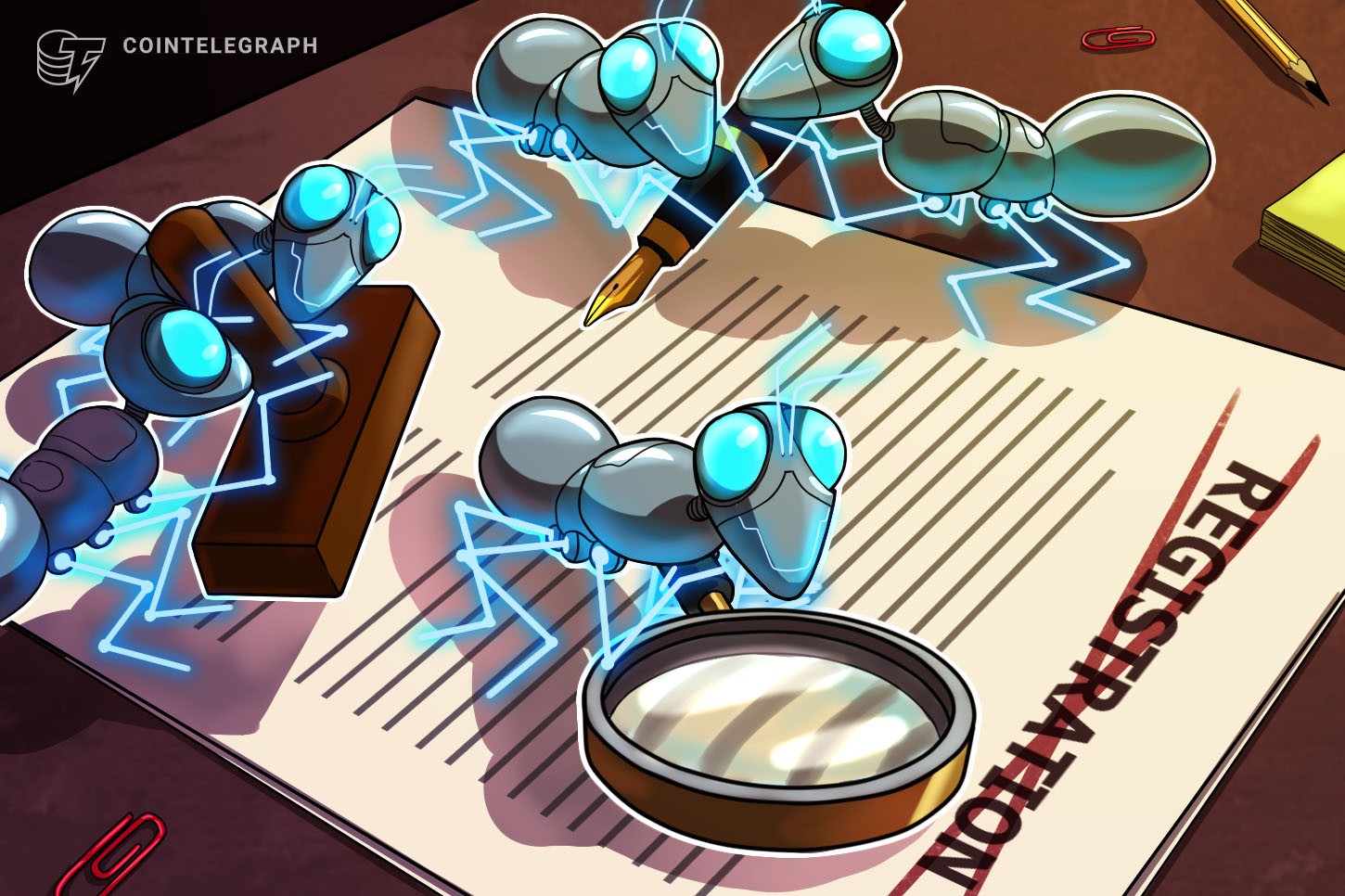The government of Argentina has announced that it is suspending the national blockchain-based mechanism to register new companies for a period of 180 days.
The measure, according to statements made by Ricardo Nissen to La Nación, who is the head of the General Inspectorate of Justice (IGJ), seeks to reorder the registration of new companies so that the IGJ can participate in the entire process.
Back to the traditional way
During the suspension period, which will begin as of the second week of March, registrations of the Companies for Simplified Shares — known in Spanish as SAS — should be made in the Argentine Public Registry exclusively on paper.
Under this digital system, about 20,000 companies were incorporated in the country since it was implemented in 2017.
On the fast-track mechanism to register new companies, which allowed users to get through the process in 24 hours, compared to the 55 days that occurred in the past, Nissen issued the following statements to El Cronista:
“There is no control. Macrismo thought that by enabling the constitution of companies in 24 hours we would have a lot of investments. It was crazy."
An archaic system: Association of Entrepreneurs of Argentina
The decision of the government of Alberto Fernández was not well received by the Association of Entrepreneurs of Argentina (ASEA), who considered that the measure represents a setback. A statement was issued to local media:
“Until today, accounting books were kept digitally through the Blockchain system, which guarantees absolute transparency and inviolability in information management. Now, we will have to return to a 19th-century system, completely anachronistic and permeable to any adulteration.”
Alejandro Ramírez, responsible for public policies of the ASEA, said that Argentina would thus become the only country in the world that goes from a digital system to the paper format, in terms of the creation of new companies.
The online system, known as the “Simplified Stock Companies (SAS) digital service”, began operating in 2017 under the mandate of the then-president, Mauricio Macri.


